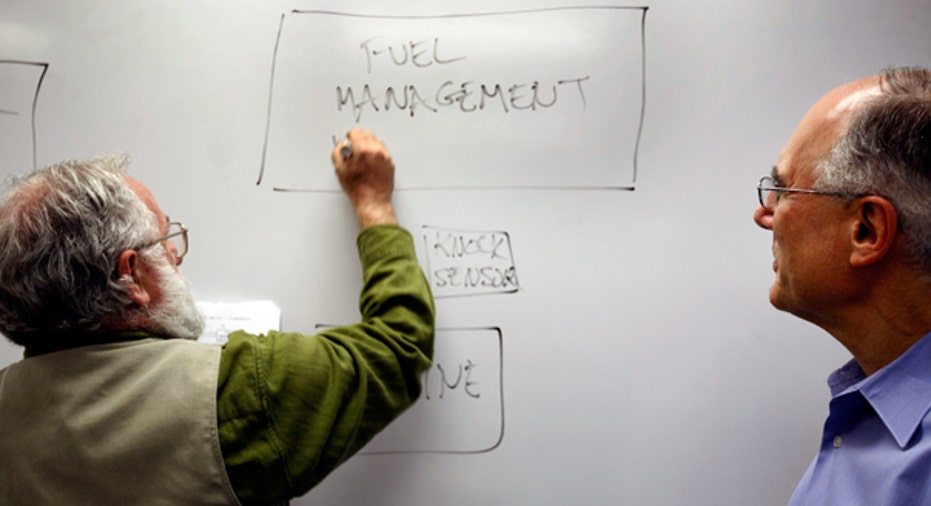Startup Founders Are Worth the Money

Approximately one-third of startups fail within the first two years of operations and another one-third close their doors by the seventh year in business. It’s a disturbing record of under-achievement especially since entrepreneurs are incredibly innovative, hard working, determined and well-educated.
Why can’t entrepreneurs perform better?
After about eight years of research and interviewing failed business owners across the country, I have a much better sense of the most common administrative and tactical mistakes that overwhelm entrepreneurs, especially during their first years in business. I know what they “wish they had known” before they started up and the kinds of situations in which they can be pressured into signing things or buying into things against “their better judgment.”
At a recent presentation to an angel investment club, I hit a nerve when I highlighted the risks associated with “starving the founder.” Companies close when they run out of cash, but they also close when the founder’s family runs out of cash or emotional support for the entrepreneurial cause. Either way, all shareholders lose money.
This is a growing issue too. According to the Kauffman Foundation, the majority of startup entrepreneurs are over the age of 40. Actually during the last 16 years, new business formation by entrepreneurs aged 55 to 64 grew by a robust 64% and 10% by founders aged 45 to 54. In comparison, new business formation by entrepreneurs aged 20 to 34 dropped 24% during the same period.
What are the implications of the founder’s age to startup performance? On the positive side, “older” entrepreneurs are starting up at the height of their professional careers and have significant domain expertise.
On the negative side, they are likely to have some unforgiving collection of mortgage, alimony, child support and other monthly payment obligations. To stay afloat, they need some minimum amount of income.
In my research of high-growth potential entrepreneurs, when the going gets too tough for a family’s comfort, the founders quietly go back to Google, Facebook, Apple or Microsoft. They have to. And because they are embarrassed about not being able to “tough it out,” angel investors and board members may be the last to know or may never know the real reason why the entrepreneur gave up looking for more customers or sources of business capital.
So what can board members, angels and other seed-stage investors do to minimize the founder’s personal financial traumas? Obviously, they have to strike a better balance in negotiating compensation. While angels like to keep founders cash hungry and highly motivated to perform, angels today can’t be too stingy when it comes to the founder’s compensation.
Post-funding, trusted board members may be best positioned to talk to founders and key team members about personal financial pressures. It’s not enough to know how a company is doing, the founder’s personal financial position matters too. Boards can be creative in coming up with short-term compensation solutions to keep founders focused on the business of building a business.
Founders need a living wage to persevere. Ten years ago, this issue would not have made my due diligence list as a board member or investor. But it does today.
Susan Schreter is an entrepreneurship educator, venture finance advisor and the author of Start On Purpose, a comprehensive action step book to help startup entrepreneurs raise capital and exceed their projections. Follow Susan @StartOnPurpose.



















